Most voters surveyed see drug use as a health issue, and understand that Measure 110 is not contributing to crime and homelessness in Oregon.
Portland, OR – September 13, 2022 – A new poll conducted by Data for Progress, an independent research organization, found that a majority of Oregon voters still support Measure 110 two years after its passage in the November 2020 election.
Top findings from the poll of likely Oregon voters reveals:
- A strong majority of voters continue to support Measure 110 (by a +22-point margin) nearly two years after its passage;
- Majority support for the measure was also found in all parts of the state;
- A strong, bipartisan majority of Oregonians agree that that addiction is a healthcare issue — not a crime.
The survey was conducted between August 23-29 of 1,051 likely voters in Oregon and was weighted to be representative of likely voters by age, gender, education, race, and voting history, with regional crosstabs created by grouping respondents based on self-identified county.
“Measure 110 is a transformational law that has already saved lives and money. This new, independent poll echoes what we’ve been hearing on the ground for two years: Oregon voters want to see drug use treated as a healthcare issue, not a crime,” said Tera Hurst, Executive Director of the Health Justice Recovery Alliance. “Oregonians are committed to seeing Measure 110 move forward, not return to a failed system that is ineffective and causes great harm. It’s clear that policymakers must uphold the will of the voters, keep Measure 110 in place, and protect it as a steady source of funding that addiction recovery providers can count on.”
The survey follows a critically important funding milestone earlier in the month when the Measure 110 Oversight & Accountability Council (OAC) approved all remaining Measure 110 funds, allocating it to 237 addiction recovery service providers in all 36 Counties. With this new source of funding, service providers are finally able to begin the process of expanding their services — whether that be hiring and training new staff; securing additional leases or purchasing offices and housing; purchasing vehicles and other equipment to serve as mobile services or transport; and investing in other infrastructure — to better serve the many Oregonians in need of addiction services.
Voters overwhelmingly support individual provisions of the law
The survey also found, to an even more overwhelming degree, that Oregon voters strongly support the individual provisions of the measure, ranging from 61% (+24-point lead) for eliminating criminal penalties for drug possession to 91% (+84-point lead) for peer support mentoring for people struggling with substance use.

Voters understand that Measure 110 is not contributing to crime and homelessness in Oregon.
Likely Oregon voters believe that crime and homelessness occurring in Oregon is due to multiple factors, such as lack of affordable housing and poverty, by a +41-point margin. In recent months the public has witnessed some try to use the addiction and overdose crises for their own partisan advantage, despite the fact that data shows only a negligible increase in some crime rates, while other crime rates have held steady.
“Repealing Measure 110 has been repeatedly positioned by some in the public eye as a quick fix to major societal problems, whether that be houselessness, gun violence, property crime, and more. These things are on the rise all across the country, not just in Oregon where small amounts of drugs have been decriminalized. But here in Oregon we have a unique tool in Measure 110 to help tackle this crisis with the urgency it demands. That’s what we should be focusing on,” said Monta Knudson, Executive Director of Bridges to Change.
